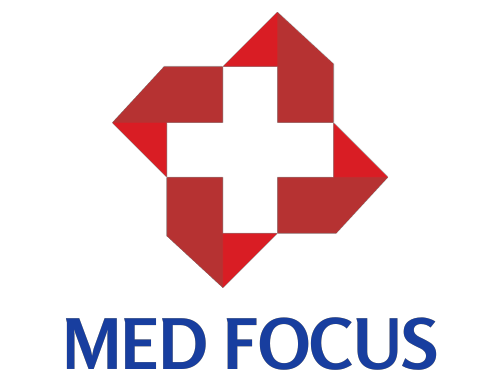For medical students to manage the enormous amount of knowledge and succeed in their studies, effective study methods are essential. It is crucial to use tactics that improve learning, understanding, and long-term memory given the rigorous curriculum and the requirement to maintain complicated medical knowledge. We will examine important study strategies designed especially for medical students in this blog article. You can maximize your learning and get ready for success in medical school by adopting these strategies into your study practice.

Here are some crucial study methods to improve your comprehension and retention:
1. Organize Your Study Time:
Make a detailed study plan that allots specific time for each subject or topic. Allocate defined time intervals for review, practice questions, and idea reinforcement during your study sessions, and divide your sessions into attainable portions.
2. Use a variety of learning tools:
Look into books, lecture notes, websites, and multimedia platforms as well as other learning resources. To obtain a thorough understanding of the topic, use a variety of materials. One of the most trustable med school study materials I would suggest is from themedfocus.com
3. Practice Retrieval:
Test yourself, use flashcards, or participate in group discussions to hone your memory recall skills. Long-term retention is aided by routine review and testing of your knowledge.

4. Focus on Understanding Concepts:
Strive to comprehend the underlying concepts and principles rather than only memorizing data. To promote a deeper understanding, relate new knowledge to previously acquired knowledge and clinical applications.
5. Do Group Study:
Collaborate with your classmates during group study sessions. Talking about ideas with others might help you grasp them better and make any areas of confusion clearer.
6. High-Yield Topics:
Prioritize your study efforts by selecting high-yield subjects that are regularly examined. Pay close attention to grasping the fundamental ideas and typical clinical manifestations.
7. Simulate Exam Conditions:
Become familiar with the exam format and replicate exam circumstances during your practice sessions. Work on managing stress and time constraints while timing yourself and practicing with example questions.

Medical students must master efficient study skills if they want to achieve academic success and lay a strong foundation in medical knowledge. You can improve your learning process and retention by actively engaging with the subject, setting up study regimens, employing a variety of resources, and emphasizing comprehension over memorization. A well-rounded strategy to studying also includes including group study sessions, practicing retrieval, and taking care of your general well-being. Remember that you may need to experiment and make adjustments along the road until you find the study methods that are most effective for you. You can succeed in your medical education and get ready for a rewarding career in healthcare by being committed, persistent, and using the correct study techniques.

Please visit themedfocus.com for additional advice and recommendations about attending medical school. If you're seeking a trustworthy internet source, please check out the whole medical school package at the URL below.
https://themedfocus.com/products/the-complete-med-school-bundle

